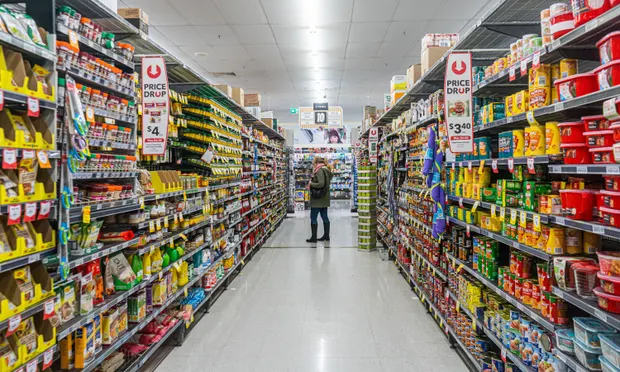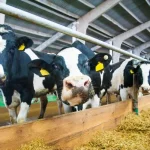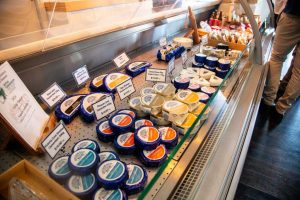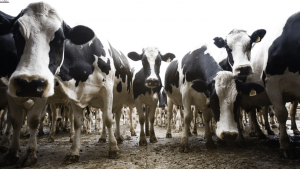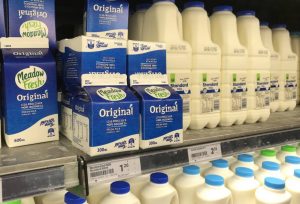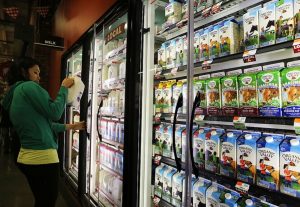
The former competition watchdog head Rod Sims says Australia’s big supermarkets have likely used their market power to increase prices higher than necessary during a cost-of-living crisis and that the government should consider reforming merger laws to limit their dominance.
Sims, who retired as the chair of the Australian Competition and Consumer Commission (ACCC) last year, said Coles and Woolworths have little to worry about when making pricing decisions because they control two-thirds of the market.
“That does mean at a time of general concern about rising prices, they can increase prices a little bit more,” Sims told Guardian Australia.
“They’ve only got to watch each other rather than anybody else because the two are so dominant.”
The comments follow analysis by Guardian Australia that shows that Coles and Woolworths increased their profit margins during the pandemic and subsequent inflationary period where prices for everything from food to rents and energy bills surged.
Any larger-than-necessary supermarket price rises would be inflationary, and work against Reserve Bank measures to ease prices by raising rates and cooling demand.
Sims said Australia needed to look at mechanisms to increase competition because it was not illegal to profiteer.
“Nothing that they’re doing breaks the law; there’s no law against excessive pricing,” said Sims.
Coles and Woolworths have cited improvements to their business practices for increasing profit margins and say they have protected shoppers by locking in or dropping prices on many essential or popular items.
“There are many factors that influence our gross margin which are not related to the prices customers pay, including product and business mix of sales and changes in stock loss,” a Woolworths spokesperson said.
The two chains control a combined two-thirds of the supermarket sector in Australia while Aldi has a share of just over 10%. A Senate committee into cost of living heard that in some areas of Australia the two major supermarkets control 90% of the market, leaving consumers few options on where to buy their groceries.
Supermarket prices have risen by about 10% over the past year at the same time as world commodity markets, which track prices received by farmers, have been falling.
While there are many costs that go into food prices paid by shoppers, like processing and transport, there is a growing global view that widening profit margins have not been properly addressed.
